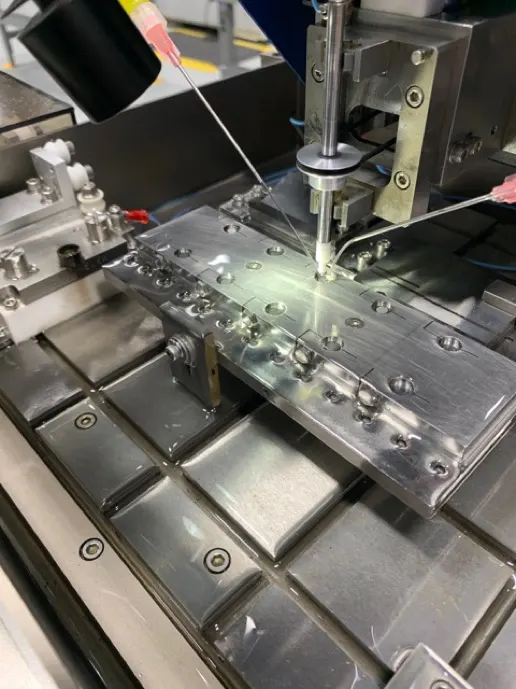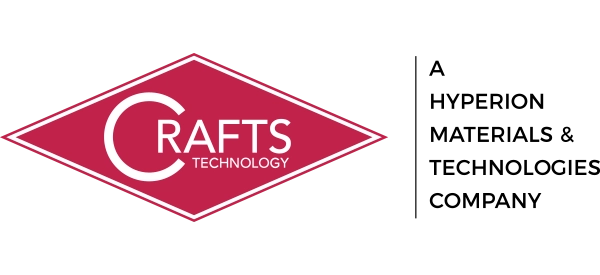Lean Manufacturing Thrives for Micro Manufacturing
Lean Manufacturing Thrives for Micro Manufacturing (Below .001″)
Engineers who are responsible for developing systems and tooling for applications that require critical performance and high repeatability for an extended period of time have a difficult job. Selecting a partner you can trust to provide solutions for micro manufacturing demands is challenging because issues with inferior micro components can cause macro problems.
Today, products are designed with smaller and smaller components that are increasingly complex. To meet demands, many applications require super hard materials, technical manufacturing methods, and exceptional designs. These challenges have resulted in some machining technologies reaching their limits. To succeed you need a partner who is willing to go against the grain of traditional manufacturing philosophy and look at every component from a new perspective. A supplier who understands the need to develop solutions for a wide variety of problems, including extreme conditions and long wear, while maintaining costs and exceptional quality.
Why top manufacturers use production cells
The goal of cellular manufacturing is to flawlessly and efficiently produce products with as little waste as possible. Generally, cells are composed of one or multiple machines, which accomplish a certain task. Products like micro-components or tooling move from one cell to the next with each station completing part of the manufacturing process.
Advantages of cellular manufacturing
- Flexibility, since many of the machines are automatic, simple changes can be made quickly
- Cells shorten the distance a part has to move, which reduces equipment and labor costs
- Cell operators understand the whole process and feel responsibility for their work, which can identify potential quality issues
Obviously, a product is only as good as the system. That’s where lean manufacturing techniques come into play.
Visual Management Boards improve communication
Visual management boards allow everyone to identify current process information at a glance. The more complex the manufacturing process the more room for error. By using a visual summary every team member, regardless of their shift or responsibility, can walk up to the board and immediately know what is in process.


Kanban systems improve workflow
Kanban techniques are related to just-in-time (JIT) production. By using a visual chart that moves with the project operators can identify what to produce, when to produce it, and how much to produce. By including a Kanban scheduling system ideal inventory levels are maintained. As material is pulled through production a signal for replenishing stock keeps the process flowing.


Built in Quality prevents defects
One of the most effective ways to manufacture high-quality micro-scale long wear components is by building quality into the manufacturing process. Instead of detecting defects Built in Quality prevents them. By building quality in the production cell you can lower costs by reducing the need for inspection and correction.


Continuous improvement ensures efficiency and productivity
A well implemented lean manufacturing system focuses on adding value while reducing waste, but without continual improvement it will soon become outdated. PDCA (Plan-Do-Check-Act) encourages continual process and product improvement, and resolves issues, using the scientific method of problem-solving. With a culture of ownership, ideas are implemented in a methodical way to achieve positive results.
When evaluating partners, look for a company like Crafts Technology who is committed to lean manufacturing and practical problem-solving to achieve innovative solutions.
Learn more about Crafts Technology’s engineering Capabilities
Crafts Technology, Inc. manufactures machinery and components. The Company offers rings, core pins, fluid dispensing components, tungsten carbide, advanced ceramics, and precision knives. Crafts Technology conducts its business in the State of Illinois.


